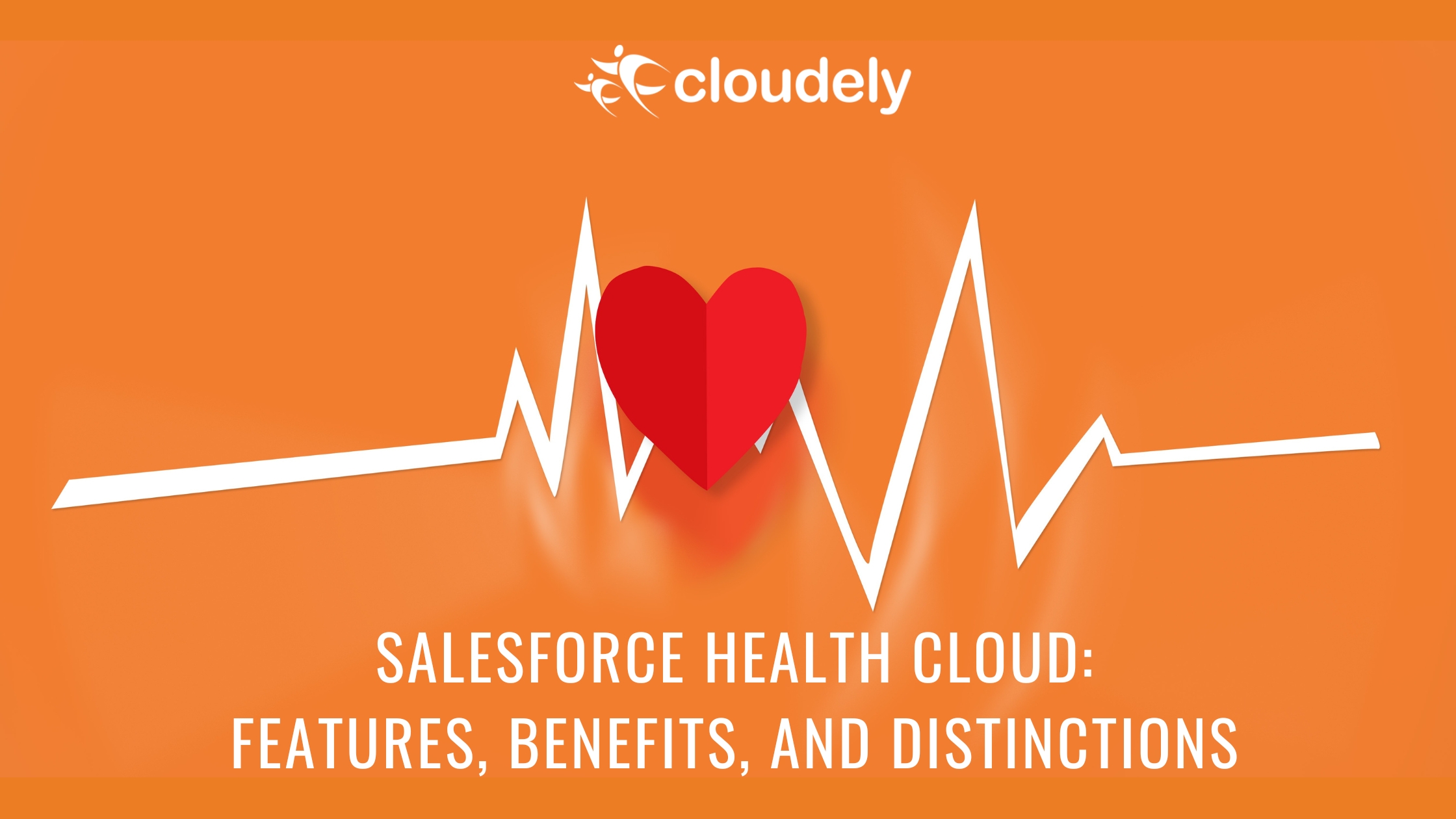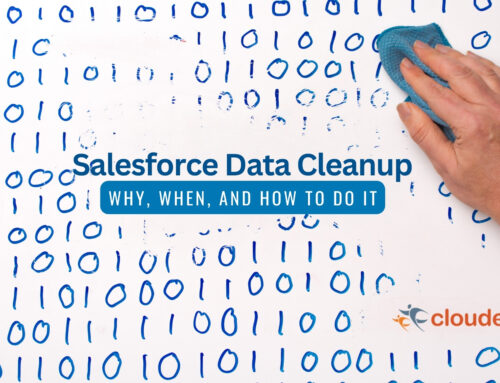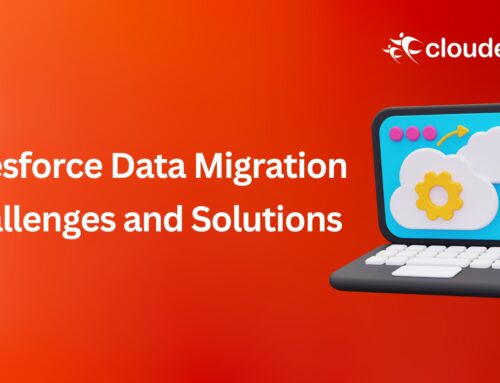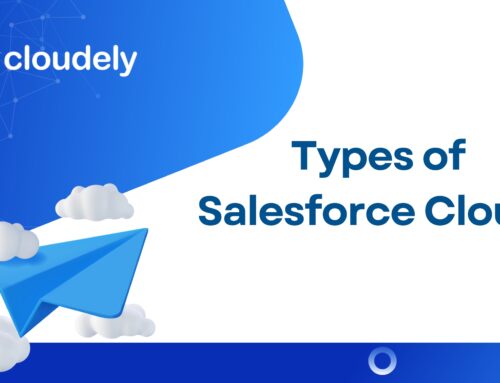Salesforce Health Cloud is a cloud-based software solution designed specifically for managing patient relationships and data in the healthcare industry. It provides a 360-degree view of the patient journey and enables improved collaboration between patients, providers, and payers.
Table of Contents
Key Features of Salesforce Health Cloud
The healthcare industry rapidly adopts advanced technologies like cloud computing, AI, and IoT to provide improved and personalized care. Salesforce Health Cloud leverages these technologies to transform legacy healthcare systems into modern, patient-centric operations. It creates a unified view of patient data from EHRs, wearables, medical devices, etc., making it available to providers to deliver superior care.
Here are some of the top-notch features of Salesforce Health Cloud:
Comprehensive Patient Profiles
Salesforce Health Cloud creates comprehensive 360-degree patient profiles aggregating data from EHRs, claims, pharmacies, labs, etc. This consolidated view displays demographics, medications, conditions, allergies, procedures, vital signs, and more in one place. It enables the care team to understand patients’ overall health status and deliver personalized care accordingly.
Care Coordination and Collaboration
Smooth care coordination across various providers is essential for improving patient outcomes. Health Cloud enables seamless collaboration between care teams via a common platform. Tasks, notes, and referrals can be easily shared, ensuring different providers can access the latest patient data. This enhances teamwork and closes gaps in care.
Intelligent Patient Relationship Management
Health Cloud leverages AI and analytics to segment patients based on risk, engagement metrics, adherence levels, etc. Targeted campaigns can then be executed to drive patient activation and retention. Health Cloud also identifies high-risk patients requiring intervention to prevent adverse events.
Omnichannel Patient Engagement
Health Cloud facilitates omnichannel patient engagement via portal, mobile app, SMS, email, etc. Patients can conveniently access their data, communicate with providers, schedule appointments, make payments, and more – improving satisfaction. Real-time notifications keep patients engaged in their health journey.
HIPAA-Compliant Security
As a HITRUST CSF-certified platform, Health Cloud ensures HIPAA-compliant security, privacy, and availability of sensitive patient data. Role-based access control, field-level encryption, masking, and more safeguard data against breaches. An audit trail captures access and modifications, creating accountability.
Interoperability and Data Integration
Health Cloud can integrate seamlessly with electronic health records, medical devices, wearables, billing systems, etc, via APIs and EHR connectors. This breaks down data silos and provides connectivity across disparate source systems enabling a unified patient view.
Customizable Care Management
Robust and flexible configuration options allow healthcare organizations to tailor Health Cloud to their needs. Custom objects, fields, page layouts, workflows, validation rules, etc., can be defined to match unique care management requirements. Prebuilt templates accelerate implementation.
Analytics and Reporting
Actionable insights are generated from patient data via advanced analytics and dashboards. Trends in treatment effectiveness, utilization, readmissions, compliance, etc., can be monitored to drive operational improvements. HIPAA-compliant data warehousing is enabled to support analytics use cases.
Application Extensibility
Health Cloud provides an open-source platform to build bespoke healthcare apps leveraging its capabilities. AppExchange apps like care gap identification, e-prescribing, RPM, etc., can augment functionality. Flexible APIs facilitate integration with third-party systems and data sources.
Suggested Reading: The AI Healthcare Revolution
Benefits of Salesforce HC for Healthcare Organizations
Salesforce HC can be used extensively in organizations that provide medical aid and care. Some of the benefits include:
Improved Patient Experience
- Provides omnichannel communication, allowing patients to connect via their preferred mode.
- Patients can access their health data, like medical history, lab reports, billing information, etc., on a patient portal.
- Care plans and tasks allow better engagement and care management.
Enhanced Data Accessibility
- Integrates data from EHRs, medical devices, wearables, etc., into a unified patient profile.
- Real-time data availability enables better clinical decision-making.
- Data analytics provides insights to improve operational efficiency.
Better Care Coordination
- A centralized platform for care teams to collaborate with instant access to patient data.
- Care management tools like care plans, tasks, and patient monitoring.
- Alerts and notifications for care gaps or clinical interventions.
Increased Operational Efficiency
- Patient data automatically flows between connected systems.
- Workflow automation eliminates manual processes, saving time.
- Self-service options like patient portal reduce admin workload.
Improved Patient Outcomes
- Preventive care and proactive interventions from data insights.
- Better adherence to treatment plans through patient engagement.
- Personalized care is driven by a holistic view of the patient.
Benefits of Salesforce Health Cloud for Medical Providers
Medical providers gain differently in comparison to medical organizations. Some of the major advantages include:
Unified View of Patient Health Data
Having all patient information in one place allows providers to make informed care decisions based on a comprehensive medical history. This also eliminates delays in accessing health records from multiple systems.
Improved Care Collaboration
Collaboration features like care teams shared tasks, and messaging foster seamless communication between all care providers. This level of coordination ensures there are no gaps in patient care.
Personalized Care Delivery
The detailed patient profile enables providers to understand each patient’s unique needs and create customized treatment plans addressing their specific conditions and requirements.
Targeted Patient Outreach
Leveraging patient communication preferences and tailored messaging allows more meaningful engagement with patients. This drives better health outcomes through increased patient education and care plan adherence.
Streamlined Administrative Processes
Automating manual workflows eliminates paperwork and revolutionary administrative tasks, saving providers time and resources. Features like e-signature reduce bottlenecks, allowing faster processing.
Enhanced Telehealth Offerings
Integrated telehealth expands accessibility to providers’ services while tools like remote monitoring and messaging enable convenient virtual care delivery, follow-ups, and education.
Data-Driven Insights
Analytics uncovers actionable insights from patient data that providers can use to improve population health, identify gaps in care, understand revenue trends, etc. This allows data-driven decisions to enhance care quality and practice efficiency.
Benefits of Salesforce Health Cloud for Patients
Salesforce HC also offers some basic benefits for the patients. This can help them to enjoy more advanced medical benefits for their treatment.
Convenient Access to Personal Health Information
Patients can access their medical records, lab results, prescribed medications, immunization history, etc., in one place via an online patient portal or mobile app.
Streamlined Communication with Providers
Messaging and video chat features facilitate easy communication with care providers when needed without requiring in-person appointments.
Active Engagement in Managing Health
Care plans and reminders providers share allow patients to get more involved in treatment and track progress. Educational content improves their health literacy as well.
More Personalized Care Experience
With access to their comprehensive health profile, providers can understand patients’ needs better and provide customized care catered to their specific conditions.
Proactive Health Monitoring
Remote monitoring of connected devices and wearables allows providers to track patients’ health indicators between visits and intervene early if required. Patients also get more visibility into their health data.
Convenient Access to Virtual Care
Integrated telehealth services make care more convenient for patients by enabling virtual consultations, prescription refills, mental health counselling, etc., from home.
Key Distinctions for Healthcare Providers
While there are many health IT systems like EHRs, patient portals, and population health tools, Salesforce Health Cloud differs from these traditional systems in some key ways:
- It is designed as an agile cloud platform rather than an on-premise enterprise IT system.
- Identifying risk stratification cohorts for outreach is only possible through the advanced analytics that Health Cloud provides.
- The focus is on enabling collaboration and communication between patients, providers, and care teams across the healthcare ecosystem.
- It emphasizes patient engagement, experience, and relationships rather than just digitizing clinical records.
- It leverages consumer-style user experience, making the system easy for patients and care teams.
- It offers a 360-degree view of patient data across systems instead of departmental silos like EHRs
- As a CRM-based platform, it provides workflow automation and intelligence leveraging AI/ML capabilities.
- It enables building patient-centric applications via AppExchange apps vs. monolithic health IT software.
- It offers flexibility to connect new data sources and scale up capabilities vs. rigid legacy systems.
- It allows care teams to collaborate on a shared platform and via mobile apps.
- Regular enhancements and new features provide advanced capabilities, keeping pace with healthcare’s evolving needs.
- Configurability, AppExchange apps, APIs, and tooling empower innovation, which is difficult in legacy systems.
Conclusion
Salesforce Health Cloud enables healthcare organizations to become patient-centric, data-driven, and digitally connected. By providing robust care coordination, management, and patient engagement capabilities on an interoperable cloud platform, Health Cloud helps improve clinical outcomes, operational efficiency, and financial performance. For patients, it enables better access to care, education, and improved experience.
Ultimately, Salesforce Health Cloud allows healthcare stakeholders to unlock innovation in care delivery models leveraging the latest technology. Connect with Cloudely at hello@cloudely.com to know more about how Salesforce Health Cloud is advantageous.






